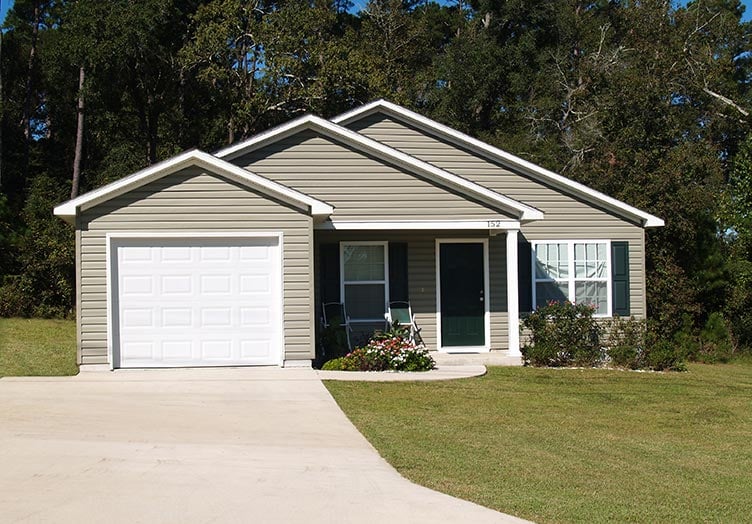
Can you avoid capital gains tax when buying another house? The answer is nuanced. If you're selling an investment property and planning to reinvest the profits into another, it is possible to defer capital gains tax. Under IRS Section 1031, if you reinvest your gains in a 'like-kind' property within 180 days of the sale, you may qualify for a deferral of capital gains tax. However, to maintain compliance with the rules, keeping your funds in an escrow account managed by a Qualified Intermediary is often necessary until the new property is purchased.
Primary residence treatment is different
We will examine 1031 exchange details shortly. However, capital gains taxes are different if you sell your primary residence. While your house is your home, it is also an investment. It may gain significant value depending on when you buy it and how long you own it. Many homeowners want to use their home equity to “trade up” to a larger or better house or as investment capital.
If you sell your primary residence, you qualify for an exemption from capital gains up to $250,000 for an individual or $500,000 for a couple filing jointly. In the past, this exemption was restricted to people who bought another house or reached a threshold age, but that's no longer the case. Current qualifications are:
- You have owned the home for at least two of the last five years.
- You have lived in the home for at least two of the last five years.
- You have not claimed a capital gains exemption for a different residence within two years.
The exemption is not tied to another house purchase or other action. The taxpayer can use the sale proceeds as they wish. If they use the appreciation from their home to buy an investment property and later sell that, the primary residence exemption won't apply.
What type of property qualifies for a 1031 exchange deferral?
As mentioned, when you sell your primary residence, you may qualify for a capital gains exemption if you meet the eligibility requirements. That exemption doesn’t apply to investment properties such as rental homes or commercial real estate. Instead, you may want to execute a 1031 exchange if you intend to reinvest the proceeds.
The property must be used for business or held for investment to become eligible. This restriction means that short-term ownership of a house to remodel or repair and sell for a profit typically does not qualify. However, if you have a vacation home that you rent to others at fair market value, you may qualify for a 1031 exchange. The determination is based on how often the owner uses the property personally compared to how much they utilize it for business. Furthermore, a short-term rental property (like Airbnb) likely qualifies.
In some ways, the IRS’ rules governing these exchanges are restrictive. For instance, there are tight deadlines for identifying and acquiring replacement property. The acquisition price for replacements must equal or exceed the sale price of the original asset. On the other hand, the IRS is generous when applying the term "like-kind property" to an exchange. Like-kind can apply to the sale of a house and buying another one, but it can also include selling a house and buying an office building or selling a retail property and reinvesting in vacant land. The point is that both the relinquished and replacement properties are for investment or business usage, not personal accommodations.
This material is for general information and educational purposes only. Information is based on data gathered from what we believe are reliable sources. It is not guaranteed as to accuracy, does not purport to be complete and is not intended to be used as a primary basis for investment decisions. It should also not be construed as advice meeting the particular investment needs of any investor.
Realized does not provide tax or legal advice. This material is not a substitute for seeking the advice of a qualified professional for your individual situation.
All real estate investments have the potential to lose value during the life of the investment. All financed real estate investments have the potential for foreclosure.
Costs associated with a 1031 transaction may impact investor’s returns and may outweigh the tax benefits. An unfavorable tax ruling may cancel deferral of capital gains and result in immediate tax liabilities.


